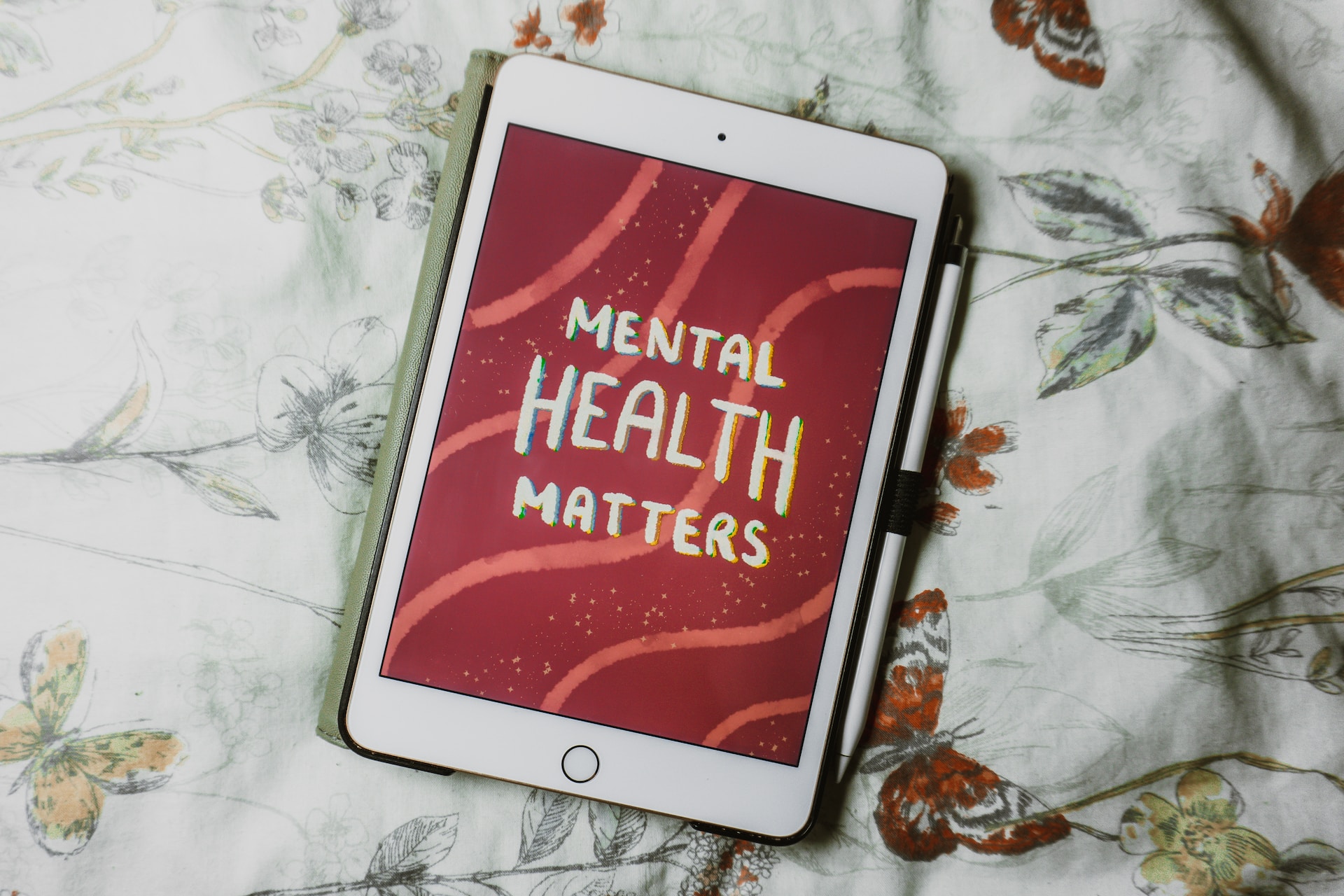Substance abuse and dependency can be tough to tackle, but thankfully there are various treatments available that can help people suffering to reclaim their lives. From medication to support groups, each treatment option offers unique benefits.
Drug and alcohol addiction is a chronic, brain-centered disease that carries psychological and social components. It’s also an exceptionally common problem and serious public health crisis that affects millions of people in the United States at any given time.
In 2018, nearly 19 million adults and adolescents in the U.S. needed help for substance abuse and dependency. Of these, just under one million people (5%) recognized that they needed treatment — and only about 392,000 people (2%) went on to receive professional care.
Our addiction experts at EXIS Recovery understand just how daunting it can be to seek help for a substance use disorder (SUD), especially when you don’t know much about your treatment options.
While there are many helpful interventions for addiction, studies show that a customized treatment plan that includes the right combination of evidence-based therapies tends to be most effective.
With that in mind, let’s explore five common components of care in substance abuse and dependency recovery:
Key Takeaways
- Medication-Assisted Treatment combines medications with counseling to help manage cravings and withdrawal symptoms.
- Behavioral Therapy focuses on changing harmful behaviors and improving coping skills through personal 1on1 or group sessions.
- Detoxification is often the first step, where people safely withdraw from substances under medical supervision.
- Residential Treatment provides a structured environment for intensive recovery, away from everyday triggers and stresses.
- Self-Help Groups offer community support and shared experiences, helping everyone in need to feel less isolated in their recovery journey.
1. Medication-Assisted Treatment
Medication-Assisted Treatment, or MAT, is a big part of dealing with substance abuse. It’s not just about popping pills; it’s a whole approach that uses medications alongside counseling and behavioral therapies. The goal is to ease withdrawal symptoms, reduce cravings, and basically help people get their lives back on track.
Think of it like this: your brain chemistry is all messed up because of the substance use, and MAT helps to balance things out. It’s not a quick fix, but it can make a huge difference in the long run. It’s like using training wheels when you’re learning to ride a bike – it gives you the support you need until you can do it on your own.
MAT is tailored to each person’s needs, considering the substance they’re struggling with, their overall health, and their personal preferences. It’s not a one-size-fits-all solution, but a personalized plan to support recovery.
There are several medications used in MAT, and they work in different ways. For example, some block the effects of drugs, while others reduce cravings. It’s all about finding the right combination that works for you. For opioid use disorder (OUD), there are three FDA-approved medications that can really help.
Here’s a simple breakdown of how MAT can help:
- Reduces cravings
- Eases withdrawal symptoms
- Prevents relapse
- Improves treatment outcomes
2. Behavioral Therapy
Behavioral therapy is a cornerstone in substance abuse treatment, focusing on modifying behaviors and thought patterns that contribute to addiction. It’s not just about stopping the substance use; it’s about understanding why it started and how to prevent relapse. I’ve seen firsthand how these therapies can help people regain control of their lives. It’s a process, but a worthwhile one.
Behavioral therapy aims to equip you with the tools and strategies needed to manage cravings, avoid triggers, and develop healthier coping mechanisms.
There are several types of behavioral therapies used in substance abuse treatment. Each approach has its own strengths, and the best choice often depends on each one’s specific needs and circumstances. Here are a few common ones:
- Cognitive Behavioral Therapy (CBT): CBT techniques helps people identify and change negative thought patterns and behaviors associated with substance use. It’s like retraining your brain to respond differently to triggers and cravings.
- Dialectical Behavior Therapy (DBT): DBT is similar to CBT but places a greater emphasis on emotional regulation and mindfulness. It’s particularly helpful for those who struggle with intense emotions or have co-occurring mental health conditions.
- Contingency Management: This approach uses positive reinforcement to encourage abstinence. People receive rewards for staying sober, which can be a powerful motivator, especially in the early stages of recovery.
Behavioral therapies are often used in combination with other treatments, such as medication-assisted treatment and support groups. This comprehensive approach addresses the multiple facets of addiction and increases the chances of long-term recovery.
Family involvement can also be a key component of behavioral therapy. Addiction affects not only the ones struggling with substance use but also their loved ones. Family therapy can help improve communication, resolve conflicts, and create a supportive environment for recovery.


3. Detoxification
Detoxification, often called “detox,” is an important step in overcoming substance abuse. It’s all about helping you safely stop using the addictive substance. The main goal is to manage withdrawal symptoms, which can be tough, both physically and mentally. It’s not a walk in the park, but it’s a necessary step toward recovery.
For some, detox can happen on an outpatient basis. But, depending on the substance and the severity of your dependency, you might need to be in a hospital or a residential treatment center. The intensity of withdrawal can vary greatly depending on the drug.
Withdrawal isn’t the same for everyone. What you experience coming off depressants will be different from what you go through with stimulants or opioids. Sometimes, detox involves slowly lowering the dose of the drug you’re on. Other times, doctors might use other medications, like methadone or buprenorphine, to help ease the process. These medications can help manage cravings and withdrawal symptoms, making it a bit easier to get through. It’s all about finding the safest and most comfortable way for you to stop using the substance.
It’s important to remember that detox is just the first step. It’s not a cure for addiction, but it gets the substance out of your system so you can start working on the underlying issues that led to the addiction in the first place. After detox, you’ll likely need therapy, support groups, and maybe medication to stay on the path to recovery. It’s a long journey, but it’s worth it.
Here’s a quick look at what detox might involve:
- Assessment: Figuring out what substance you’re dealing with and how severe the addiction is.
- Stabilization: Managing withdrawal symptoms with medication and support.
- Preparing for further treatment: Getting ready for therapy and other recovery programs.
And remember, if you or someone you know is struggling with opioid addiction, medically assisted detox programs can be life-saving. Naloxone, like Narcan, can reverse an overdose, but always seek medical help afterward.
4. Residential Treatment
Residential treatment, often called rehab, offers a structured environment for people to focus solely on their recovery. It’s like hitting pause on your everyday life to really dig into what’s going on and learn how to manage things better. Think of it as an immersive experience where you live at the treatment facility for a set period, usually weeks or months.
Residential programs can vary quite a bit. Some are more clinical, focusing on medical and psychological care, while others emphasize a more holistic approach with things like yoga, meditation, and art therapy. The key is finding a program that fits your specific needs and preferences.
Residential treatment programs provide 24/7 support, which can be a game-changer for people who need constant supervision or have tried outpatient rehab without success. It removes you from triggers and temptations, giving you a safe space to work on yourself.
Here’s what you can typically expect:
- Intensive Therapy: Personal, group, and family therapy sessions are common, helping you understand the root causes of your addiction and develop coping mechanisms.
- Medical Support: Access to medical professionals who can manage withdrawal symptoms and address any co-occurring health issues.
- Skill-Building Workshops: Learning practical skills for relapse prevention, stress management, and healthy living.
- Structured Activities: A daily routine that includes meals, therapy, exercise, and recreational activities to keep you engaged and focused.
Residential treatment isn’t a walk in the park, but it can be a powerful tool for lasting recovery. It’s about creating a solid foundation for a healthier, happier life. Many programs also incorporate Cognitive behavioral therapy to help you identify problematic patterns of behavior and thinking.
5. Self-Help Groups
Self-help groups can be a really helpful part of recovery. It’s all about connecting with others who get what you’re going through. These groups offer a space where you can share your experiences, learn from others, and build a support system. It’s not a replacement for professional treatment, but it can be a great addition.
- They provide a sense of community.
- They offer a safe space to share.
- They help reduce feelings of isolation.
Being around people who understand can make a huge difference. It’s like, you don’t have to explain yourself as much, and that can be a relief.
The main goal is to provide mutual support and encouragement. Anonymity is often a key principle, creating a trustworthy environment. Finding the right fit is important, so don’t be afraid to try a few different groups until you find one that feels comfortable.


Moving Forward with Hope
In the end, tackling substance abuse is a tough journey, but it’s one that can lead to a brighter future. There are many paths to recovery, and what works for one person might not work for another. It’s all about finding the right mix of treatments that fit your needs. Whether it’s therapy, medication, or support groups, each step you take is a step toward healing. Recovery is a process, and it’s okay to ask for help along the way.
With the right support and determination, you can overcome the challenges of substance use and build a healthier, happier life – whether it’s in the form of small group therapy, day treatment, experiential therapy, or something else, continuing care — also known as aftercare — helps you overcome the kind of minor slip-ups that can lead major setbacks.
If you’re ready to gain the upper hand over addiction, our team at EXIS Recovery can help. Call 424-382-0848 to reach our West Los Angeles office today, or use online booking to schedule a visit with one of our trusted mental health experts any time.
Frequently Asked Questions
Medication-Assisted Treatment (MAT) uses medications along with counseling to help people recover from substance use disorders. It can help reduce cravings and withdrawal symptoms.
Behavioral Therapy helps people understand their addiction and develop skills to avoid drugs. It can be done one-on-one, with family, or in groups.
Detoxification, or detox, is the process of getting rid of drugs from your body. It can be done at home or in a hospital, depending on how severe the addiction is.
Residential Treatment is a live-in program where people get help for their addiction in a safe environment. It usually includes therapy, counseling, and support.
Self-Help Groups are support communities where people share their experiences and help each other stay sober. Examples include Alcoholics Anonymous and Narcotics Anonymous.
The length of treatment can vary widely. Some people may need a few weeks, while others may require several months or longer, depending on their needs.




